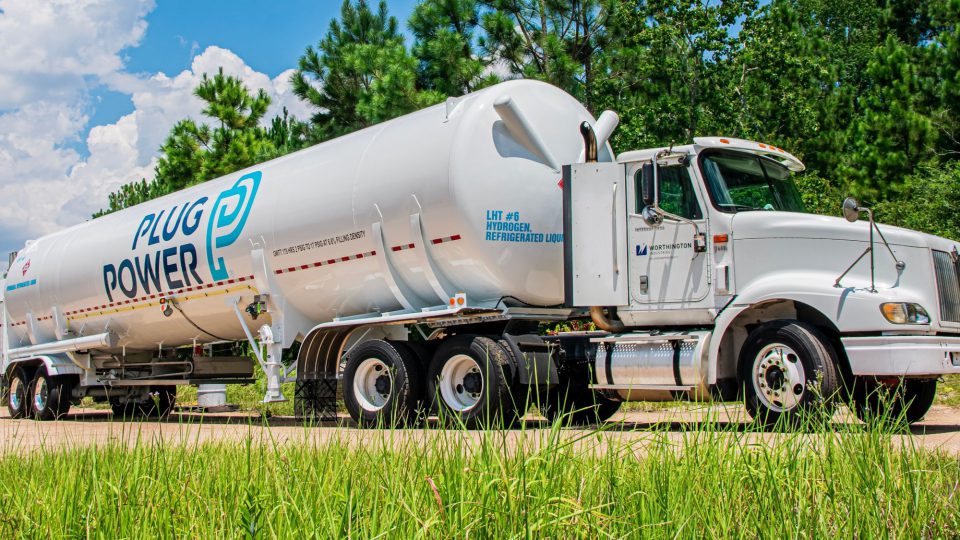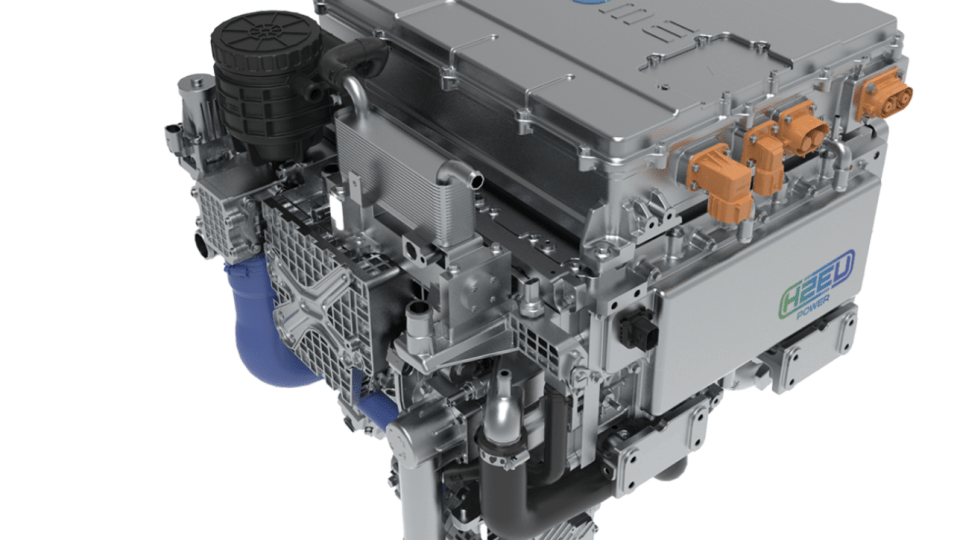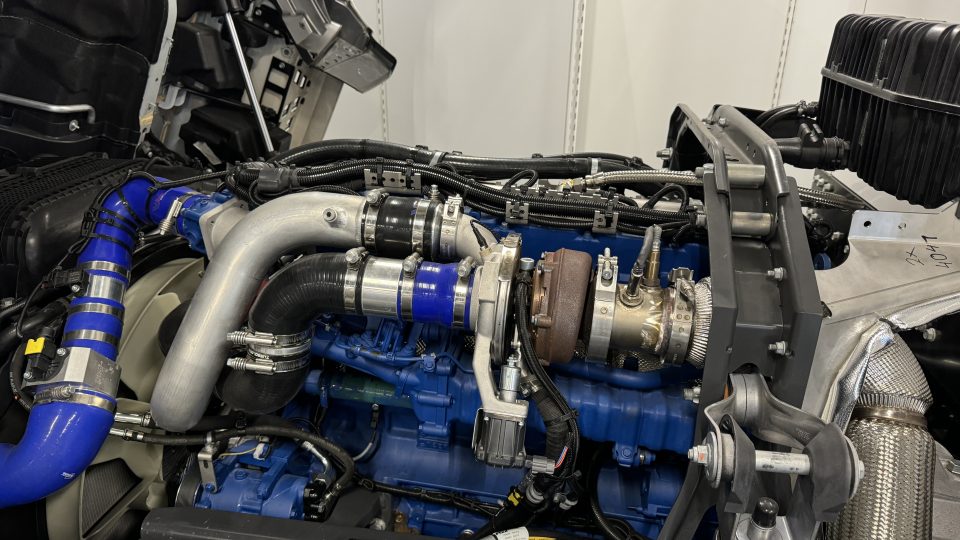Hydrogen components: Cummins to boost R&D in the UK thanks to government grant
Cummins has recently launched Project Unity, a collaborative effort with Holtex and the University of Manchester to develop an advanced digital tool aimed at improving the design and durability of components used in hydrogen-fuelled powertrains. The project relies on a £2.4M in total grant funding from the UK Government.

Cummins has recently launched Project Unity, a collaborative effort with Holtex and the University of Manchester to develop an advanced digital tool aimed at improving the design and durability of components used in hydrogen-fuelled powertrains.
The above mentioned project “employs machine learning-driven digital tools to accelerate speed to market by predicting long-term failure modes in critical powertrain components”, as stated by Cummins itself. By reducing the need for physical testing, this approach enhances speed to market while also improving reliability and development efficiency.
Cummins to push hydrogen development in the UK
Cummins will lead Project Unity from its Huddersfield, UK facility. The £2.4M in total grant funding from the UK Government will be leveraged by Cummins and its partners to deliver the project. More into details, the award is provided through the Advanced Propulsion Centre UK(APC)’s Collaborative Research and Development funding round.
“Building on previous successful APC projects, Cummins is excited to announce APC 25 Project Unity,” said Laith Al-Kazaz, Director of Advanced Engineering at Cummins. “This project will support Cummins Destination Zero strategy by enabling the accelerated product development of reliable lower carbon emission powertrains. We have a proven track record with our UK-based partners and look forward to advancing our capabilities in these novel technologies.”

















